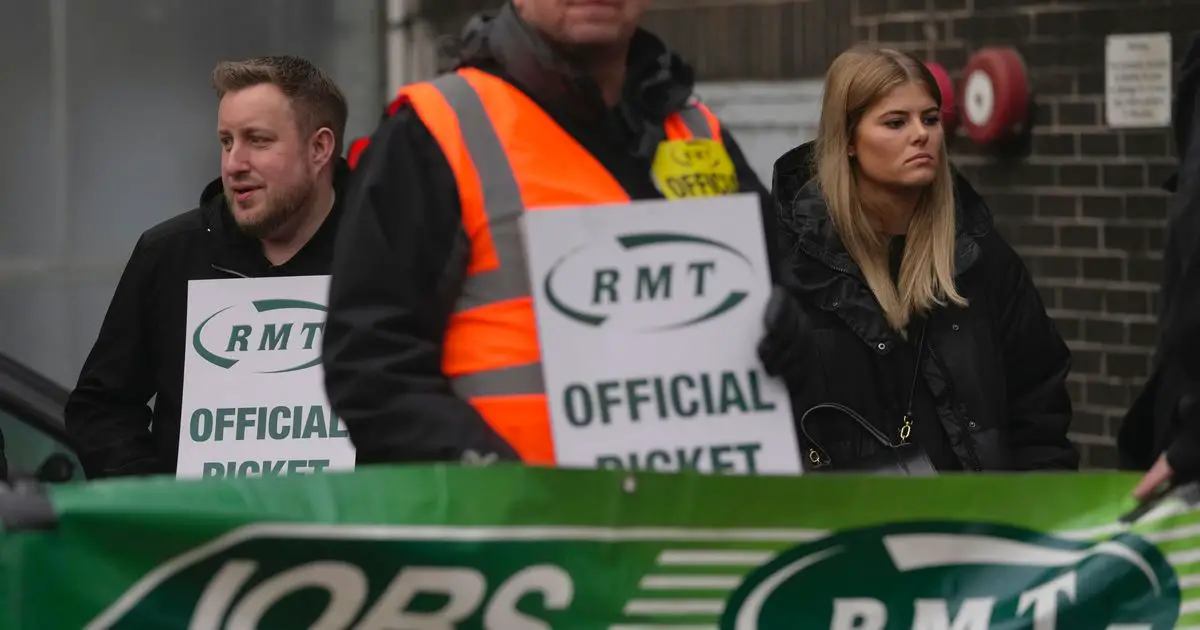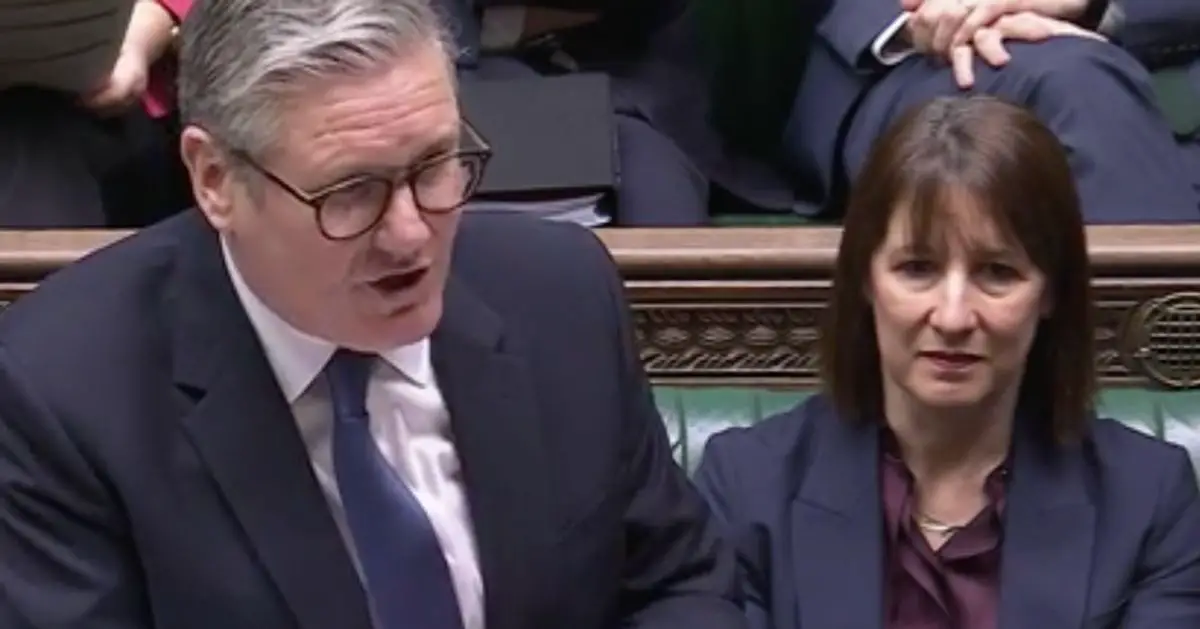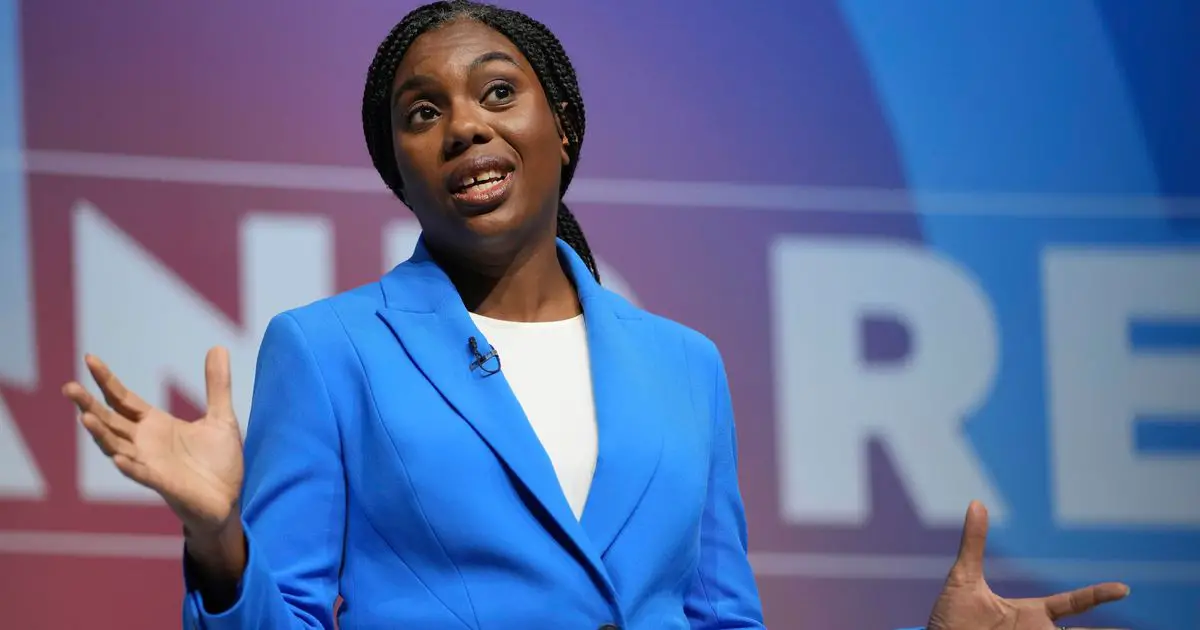
Public sector workers are finally getting decent pay rises – and the Tories are angry.
Ministers have agreed deals with union bosses which should finally spell the end of two years of crippling strikes.
Train drivers who are members of the Aslef union are set to vote on a pay offer which would see their wages increase by 15% over the next three years.
It comes after the government struck a two-year deal with the BMA union which would see junior doctors’ pay go up by 22%.
Negotiations are also set to take place next week with the RMT union, which represents train guards, signallers and station staff.
The pay deals are set to cost the government hundreds of millions of pounds at a time when chancellor Rachel Reeves is trying to fill a £22 billion black hole in the public finances.
But Darren Jones, the chief secretary to the Treasury, said settling the pay disputes would save money in the long run.
“We are preventing strikes from happening,” he said. “There is a direct cost to the economy if the strikes continue.”
Nevertheless, senior Conservatives have reacted angrily to the pay awards, contrasting the decision with the scrapping of the winter fuel allowance for pensioners who are not on benefits.
Shadow Commons leader Chris Philp is particularly aggrieved, posting numerous times on X about the pay deal.
He said: “It’s taken Labour barely a month to lose control of state sector pay – they will all now demand double digit rises. None of the increases come with commitments to reform or improve. All the public gets is a much bigger tax bill (or cut winter fuel allowances for 10m pensioners).”
Bob Blackman, chair of the 1922 committee of backbench Tories, accused Labour of “giving in to their trade union paymasters”.
Former Post Office minister Kevin Hollinrake said: “Forty years after Thatcher sorted them out, the unions are now back in charge and the country will pay the price.”
But other X users pointed out that Thatcher handed the unions a 25% pay rise after coming to power in 1979 to end the strikes which caused the “winter of discontent” and contributed to Labour’s election defeat that year.
Another user of the platform also contrasted the Tories’ approach to public sector pay with the party’s insistence that the economy was in great shape when they left office.







